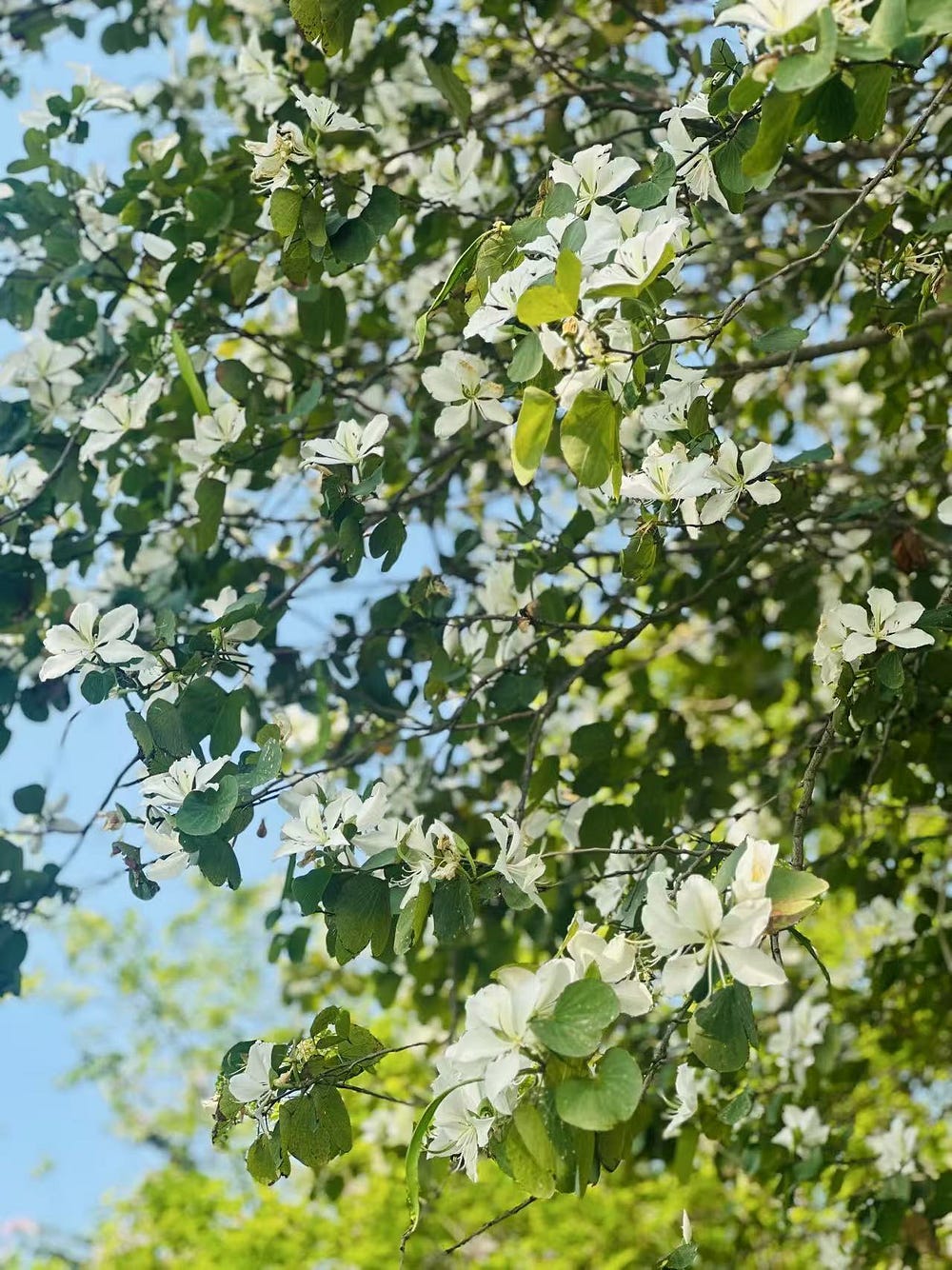The Daodejing is likely the most well-known and available work of non-western literature. We see examples everywhere, particularly in popular inspirational memes. Blame much of that on Chapter 64. Yet for all that, in China Daoism appears to take a backseat, a position I admit to not yet understanding. I merely am aware. Adherents to Buddhism outnumber Daoists anywhere from one to four times, depending on the source. Go to a temple of either faith to see this in action. Yet for all that, mention The Daodejing to anyone in China and you will get a strong recognition and reaction. Everyone can quote passages, and all have a take on how deliberately obscure and puzzling it is to read.
I draw two cautious conclusions. First, the subject of The Daodejing and Daoism the Religion are vast, layered, and not always an integrated whole. Second, people tend to avoid uncomfortable things, points that strike too close to the mark and challenge long-held conventions. There is subversiveness here. I won’t say it is alchemy, but reading The Daodejing too closely can change you.
And now without further ado, on to perhaps the most recognizable lines of The Daodejing.
“That which is at rest is easy to hold. That which shows no signs of movement is easy to plan for. That which is brittle is easy to break. That which is small is easy to disperse. Start working before things happen. Bring things under control before chaos arrives. A giant tree grows out of a tiny sprout. A nine-story tower rises from a basket of earth. A thousand-li journey begins with one step. He who acts will fail. He who holds will lose. The sage does not act, so he does not harm. The sage does not hold, so he does not lose. In their handling of things, people often fail to touch the finish line when it is so close. If one remains careful at the end as at the beginning, there would be little chance for failure. Therefore, the sage desires what others do not desire, does not value things that are hard to get, and learns what others do not learn to avoid the mistakes that many of them have made. He doesn’t dare to act on his will, making sure that things take their own natural course.”
Now I do believe that The Daodejing had a single first author, let’s say an old man, who wrote something after a lifetime of experience and frustration. His words were passed along, used for the purposes of others, who added and changed to shade the meaning to their own ends. Men of society, of culture and tradition, as the old man was also a product of culture and tradition. The Daodejing is so obfuscating as to say almost anything, and it is more than translation, more than old language, more than numerous rewrites. The old man couched a subversive message in the vaguest language. Only by looking for that message, carefully poking around past the misdirection and twists of time, can we catch a glimpse of what that old man may have been trying to slip into our minds.
We are not the sages dispersing the small things and ordering the world.
We are the chaos that sages seek to hold still and control.
Do you wish to be easy to hold, easy to break, and maybe worst of all, easy to plan for? Unrestrained, you may grow into a giant tree. You can erect towers, create art and inventions that give homage to and improve on what came before. Why would we allow our journey to be stopped at the first step? Our nature is to grow big and to be in motion. Let no sages stand in our way.
This is a question of culture. How much of our lives do we trust to tradition, blindly following convention, never looking about and really seeing what is going on? Being careful at the start all the way to the end requires opening our minds to our own uniqueness, our own individuality. Failure is the unconsidered life. We do not need to value what is said to be valuable, or desire what others have agreed is desirable. This is The Way to perceive the mistakes of the past and grow into our own futures.
[Author’s Note: For those interested, the translation used for this series is Dao De Jing, translated by Ju Yan’an. It was my first and has become my favourite translation. Find it here.]
[Author’s Note: Thank you for taking the time to visit. All pictures were taken by the author or family member, unless otherwise noted.]






Great reflections once again, Paul. A reminder for us all that true growth doesn't come from blindly following tradition, but from embracing our individuality, stepping forward, and trusting our own path, even when it challenges convention. As I hurtle into my early 40s, I'm trying desperately to help my children understand this faster than I did!
64 teaches a neat mental trick. my understanding is that the sage, just like any other person, does actually have in mind a desirable end state. but they do not hold it in such high regard that they lose their cool. instead, they “do not desire.”
for instance, winning a game of poker. a daoist sage can still want to win, but approach with the expectation of win or loss, never too attached to either outcome. they don’t want the prize pool because it will distract from the game. they won’t hate getting it, but they aren’t dying for it.
most importantly, they aren’t lying to themselves about not wanting it. they are content with what they have. not complacent, just content.